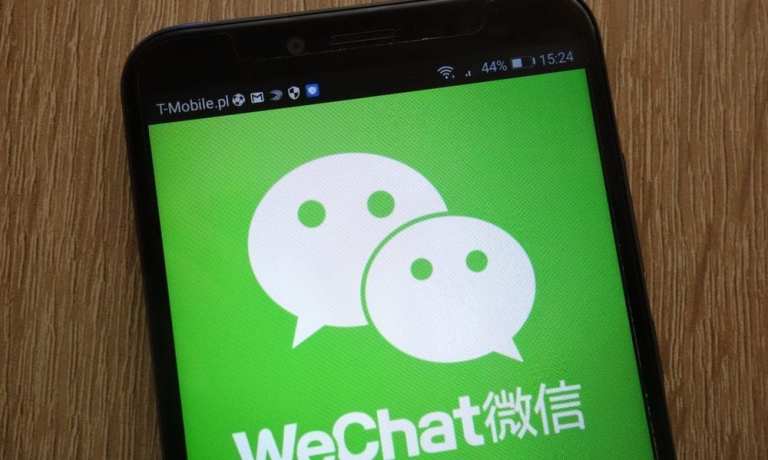
Score one for WeChat.
A California federal judge has temporarily blocked President Donald Trump’s executive order prohibiting WeChat, the social media app owned by China’s Tencent Holdings Ltd., The Wall Street Journal reported.
Trump ordered the sweeping bans on transactions with the Chinese owners of WeChat and TikTok, a popular video-sharing app, alleging they are a threat to U.S. national security, foreign policy and the economy.
U.S. Magistrate Judge Laurel Beeler issued a preliminary injunction Saturday (Sept. 19) blocking the ban on downloads in the U.S. that was scheduled to begin Sunday (Sept. 20).
The U.S. WeChat Users Alliance, the nonprofit founded by the app’s users in the U.S., filed the motion against the Trump administration in August.
The complaint, filed in U.S. District Court in San Francisco, alleges Trump’s directive is unconstitutional and violates free speech.
“We think it would be unconstitutional to ban the use of the app if that’s what they finally come out with,” Michael Bien, one of the groups’ attorneys, told The Wall Street Journal. “If they take the app off the market, we will fight it.”
In the ruling, Beeler agreed with free-speech arguments raised by the group, noting there are no alternative platforms for Chinese-Americans.
“WeChat is effectively the only means of communication for many in the community, not only because China bans other apps, but also because Chinese speakers with limited English proficiency have no options other than WeChat,” she wrote in the 22-page order.
“Like TikTok, WeChat automatically captures vast swaths of information from its users,” the executive order on WeChat said. “This data collection threatens to allow the Chinese Communist Party access to Americans’ personal and proprietary information.”
The ban would prohibit any U.S. transactions with the apps or their parent companies, Tencent and ByteDance.
Both companies have denied the allegations.
Beeler said the U.S. government’s concerns about the national security threats are significant, but the evidence is modest.
While courts have been coming down in favor of the government on security matters, the First Amendment issues raised in these presidential orders are looked at differently by the judges, Daniel Gerkin, an international trade and national security lawyer for Kirkland & Ellis LLP in Washington, D.C. told the WSJ.
“The circumstances are unique,” he said. “It’s unusual in the ordinary course for there to be national security concerns jutting up against free speech concerns.”
Tencent didn’t immediately comment.